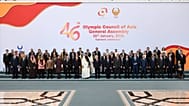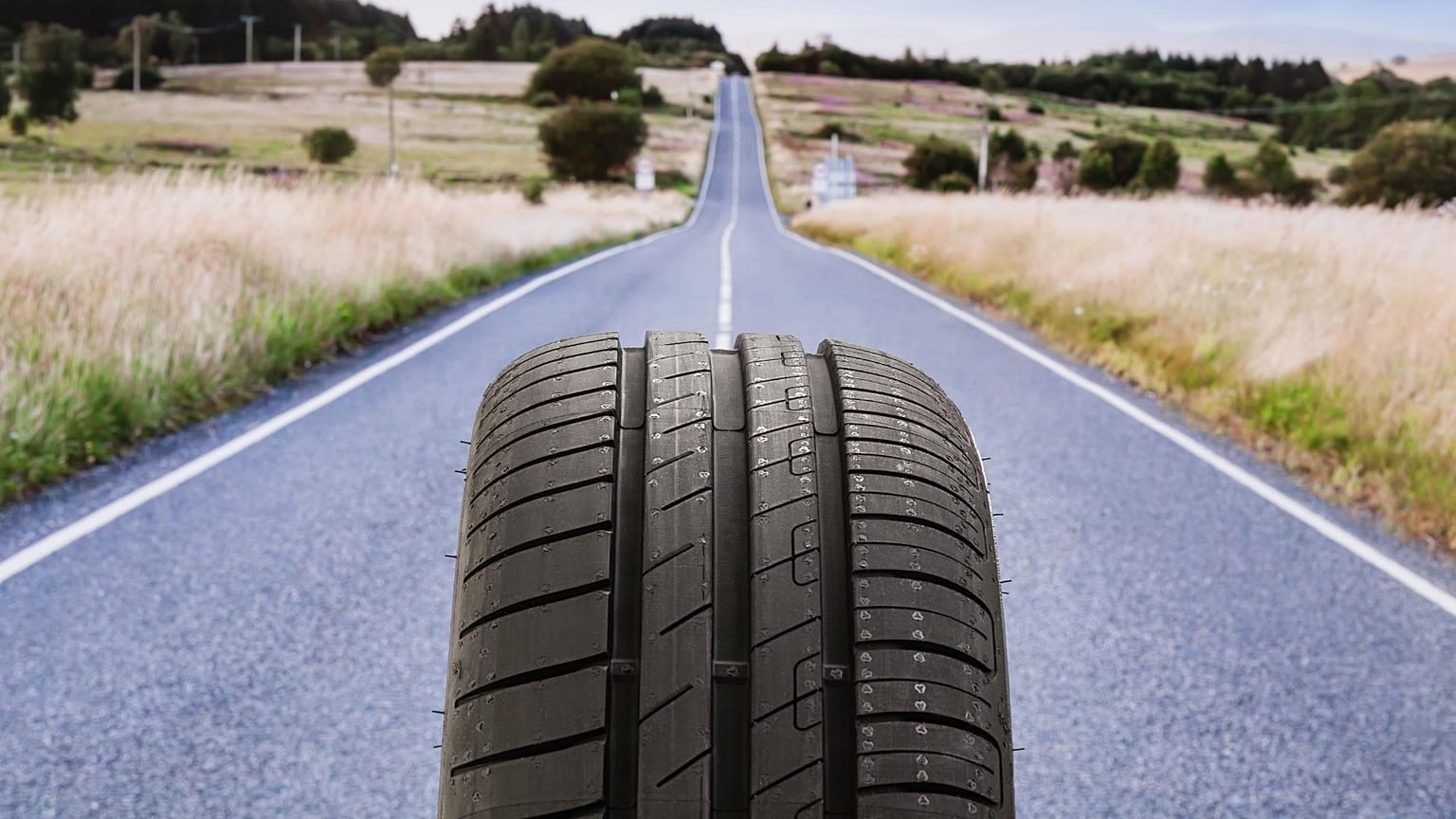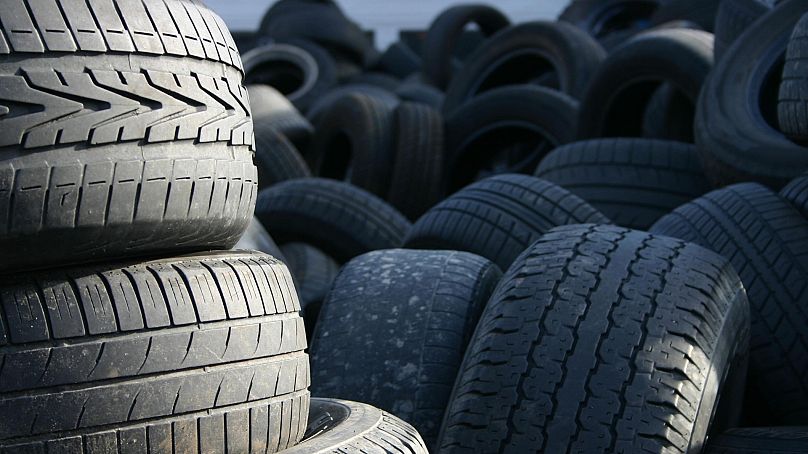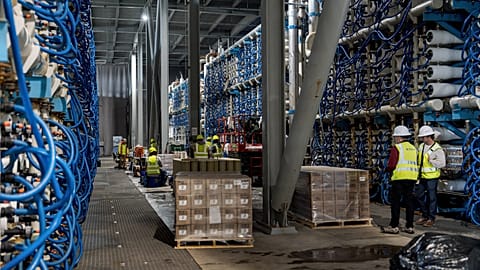1 billion scrap tyres are produced globally every year. Now researchers are blending them together to make roads.
A new blend of recycled car tyres and rubble has been trialled as a sustainable road-making material at a university in Australia.
The material, developed by researchers at RMIT University in Melbourne, is the first to combine recycled rubble and rubber in a mix that is optimised to meet road engineering safety standards.
Not only is this an eco-friendly version to oil-based tarmac, it’s giving a second life to the 1 billion scrap tyres generated globally each year. The new blend means roads will last longer, as it’s more flexible than standard materials and is less prone to cracking.
“Traditional road bases are made of unsustainable virgin materials – quarried rock and natural sand,” says lead researcher Dr Mohammad Boroujeni.
“Our blended material is a 100% recycled alternative that offers a new way to reuse tyre and building waste, while performing strongly on key criteria like flexibility, strength and permanent deformation.”
What are roads usually made of?
Cars might be polluting the planet the more we drive them, but the ground beneath them is a problem too.
Roads are made of four layers, a subgrade, base and sub-base, with asphalt on top. Asphalt is a sticky, viscous form of petroleum. So whether you realise it or not, we rely on fossil fuels like oil to pave our streets, which is far from kind to the planet.
In fact, a single kilometre of roadway typically requires around 320 barrels of oil for its construction, according to the authors of Our Renewable Future.
“Our current roads are made from a depleting, nonrenewable material; contribute to climate change; and release toxic gases both during the construction phase and throughout their lifetimes,” writes Richard Heinberg and David Fridley in the 2016 book.
In order for the new recycled blend to be rolled out on a larger scale, more construction waste and scrap tyres must be recycled. Currently, construction industries produce significantly more waste than is currently reused, said Chief investigator Professor Jie Li at RMIT.
“Solutions to our waste problems will come not only from reducing how much goes to landfill and increasing how much we recycle; developing new and innovative uses for our recycled materials is absolutely vital,” he concluded.




















